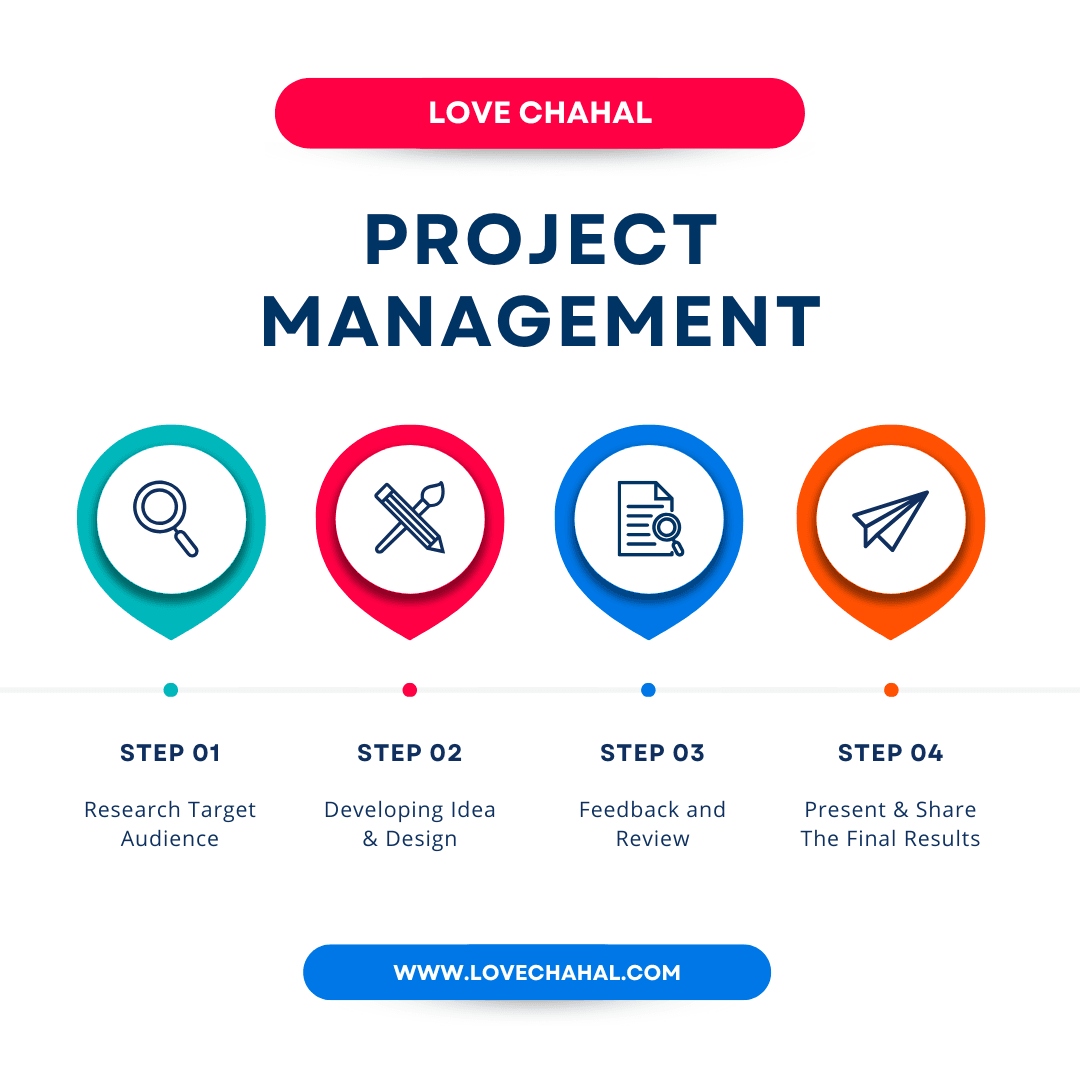Effective Project Management: Insights from Love Chahal
In today’s fast-paced business environment, effective project management is essential for success. Love Chahal, an expert in project management, emphasizes the importance of strategic planning, collaboration, and adaptability. In this article, we’ll explore key principles and best practices for successful project management, inspired by Love Chahal’s insights.
The Importance of Project Management
Project management is the art and science of overseeing projects from inception to completion. It involves coordinating resources, managing timelines, and ensuring that objectives are met. Effective project management leads to:
- Increased Efficiency: Streamlined processes reduce wasted time and resources.
- Improved Communication: Clear communication fosters collaboration among team members and stakeholders.
- Enhanced Quality: A structured approach helps maintain high standards throughout the project lifecycle.
- Risk Mitigation: Identifying potential risks early allows teams to develop strategies to address them.
Key Principles of Project Management

- Clear Goals and Objectives: According to Love Chahal, defining specific, measurable, achievable, relevant, and time-bound (SMART) goals is critical. These objectives guide the project team and provide a benchmark for success.
- Comprehensive Planning: A detailed project plan outlines tasks, timelines, and resource allocation. Chahal emphasizes the importance of involving key stakeholders in the planning phase to ensure all perspectives are considered.
- Effective Resource Management: Identifying and allocating the right resources—people, budget, and tools—is vital. Chahal suggests regularly reviewing resource availability to adapt to changing project needs.
- Collaboration and Communication: Fostering a collaborative environment encourages team members to share ideas and solutions. Regular check-ins and updates help maintain transparency and alignment.
- Agile Methodologies: Adopting agile project management techniques allows teams to be flexible and responsive to change. Chahal advocates for iterative processes that facilitate continuous improvement and quick adaptation.
Tools and Techniques
Love Chahal recommends several tools and techniques to enhance project management effectiveness:
- Project Management Software: Tools like Trello, Asana, and Microsoft Project can help streamline task management, scheduling, and communication.
- Gantt Charts: Visualizing project timelines with Gantt charts aids in tracking progress and identifying bottlenecks.
- Kanban Boards: These boards help manage workflow and visualize project stages, enhancing team collaboration.
- Regular Reviews: Conducting frequent reviews and retrospectives allows teams to reflect on their performance and make necessary adjustments.
Challenges in Project Management
Every project comes with its own set of challenges. Love Chahal emphasizes the importance of being proactive in addressing common issues, such as:
- Scope Creep: Clearly defining the project scope at the outset and managing changes effectively can prevent scope creep.
- Team Dynamics: Building a cohesive team culture and addressing conflicts promptly are vital for maintaining morale and productivity.
- Time Management: Prioritizing tasks and setting realistic deadlines help ensure projects stay on track.
Conclusion
Effective project management is essential for delivering successful outcomes in any organization. By embracing Love Chahal’s insights on strategic planning, collaboration, and adaptability, project managers can navigate challenges and drive their teams toward success. With the right principles, tools, and mindset, any project can thrive in today’s dynamic business landscape.


